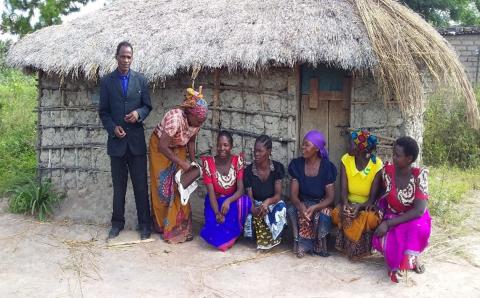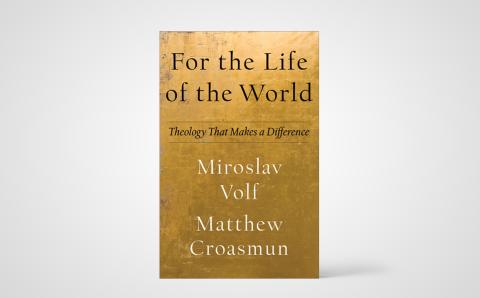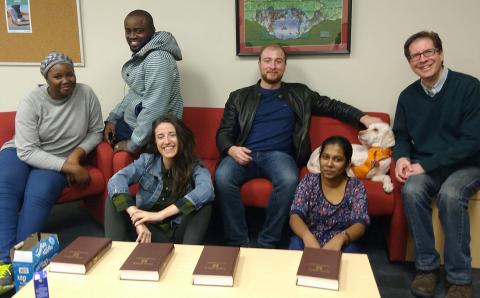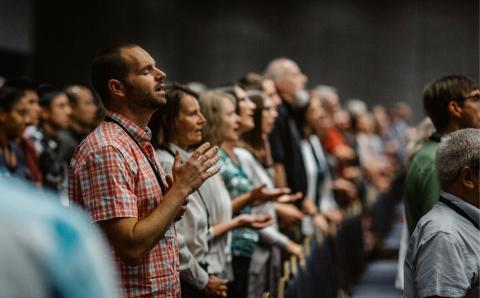I read about a congregational meeting on a contentious matter. The initial vote was tied. When the chair announced the results, he said, “As chair of this meeting, it is my privilege to cast the deciding vote. I choose to abstain. The motion is neither carried nor defeated. We obviously need to spend more time in Scripture, in prayer, and in dialogue with one another. This meeting is adjourned.” When the congregation gathered a month later, the matter was decided by a decisive majority.
I think I understand the desire to make major decisions only with supermajorities: We want to maintain unity; we don’t want to move forward without strong support. But I wonder: Doesn’t the outcome often depend on the way the question is worded? Why say, We will not make this change unless a supermajority supports it? Why not say instead, We will make this change unless a supermajority opposes it? And what happens when you ask for a two-thirds majority and get 64 percent support? Haven’t you allowed a 36 percent minority to make the decision, potentially leaving the majority feeling alienated or angry?
I’ve learned that in the earliest Dutch Reformed churches, councils voted twice on all matters. The first vote determined the will of the majority. The second vote affirmed (made unanimous?) the will of the majority. This reflects the basic principle that a church council is a unified body. Whatever happened in the council room, once a decision has been made, it is a decision of the whole council. No council member may contradict the council’s decision within the congregation.
I wonder what it might look like to adopt or adapt this model for major congregational (and council) decisions. Vote twice: The first vote determines the will of the majority; the second asks, Can we submit to the will of the majority? For the sake of unity and not moving forward without strong support, a supermajority could, or should, be required for this second vote. If the necessary supermajority is not able to submit to the will of the majority, the matter is left, for the time being, undecided; we obviously need to spend more time in Scripture, in prayer, and in dialogue with one another.
About the Author
Rev. Ryan Faber is pastor of worship and administration for Faith Christian Reformed Church, Pella, Iowa.








